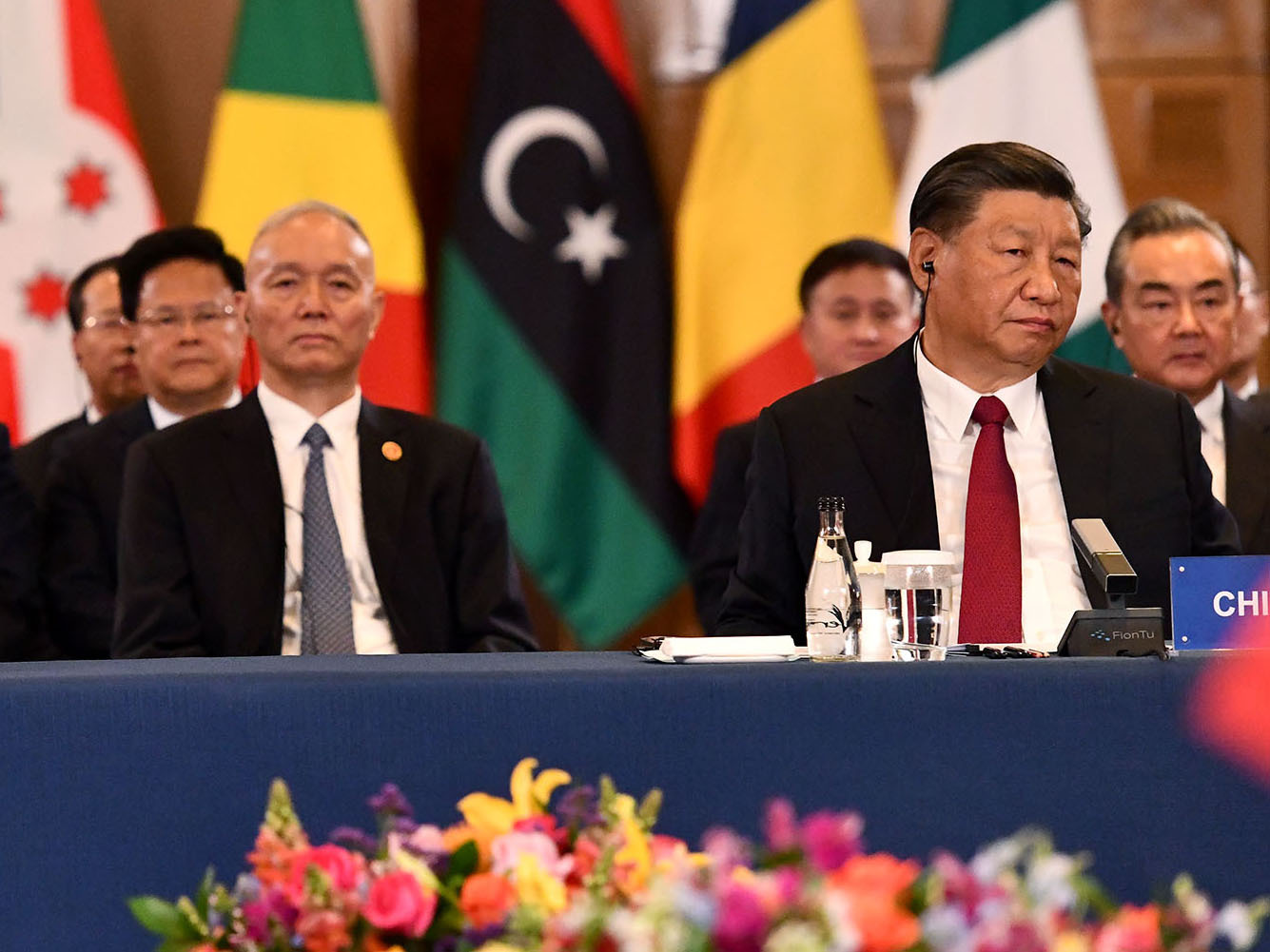- cross-posted to:
- news@beehaw.org
- news@lemmy.world
- cross-posted to:
- news@beehaw.org
- news@lemmy.world
- One of the most direct ways that Beijing promotes authoritarian governance is through training programs for foreign government officials on Chinese governance practices. Beijing uses these sessions to directly promote ideas and practices that marry economics and politics to make a case for its authoritarian capitalism model.
- The training sessions also appear to serve intelligence-collection purposes by requiring each participant to submit reports detailing their prior exchanges and engagements with other foreign countries on specific training subjects, and it fits into China’s broader ambitions to undermine the liberal democratic norms.
- The reportis based upon 1,691 files from the Chinese Ministry of Commerce (MOFCOM) containing descriptions of 795 governmental training programs delivered (presumably online) in 2021 and 2022 during the pandemic. Beijing began delivering training programs in 1981, first in coordination with the United Nations Development Program (UNDP) as part of an effort to provide aid and basic skills to developing countries. In 1998, the Chinese government broke away from that cooperation arrangement and began offering its own centrally planned training programs directly to governmental officials from countries across the Global South.
- The trainings offer authoritarian principles in areas such as law enforcement, journalism, legal issues, space technologies, and many other topics. Given that in China, law enforcement is designed to protect the state and the Party rather than the people, journalism is prescribed to create national unity rather than act as a check against the system, and the law is intended to protect the regime rather than its citizenry, these training programs naturally offer foreign officials different lessons than they would receive from democratic countries.
- According to the report, the Chinese embassy in a country identified for training typically is notified roughly three months before a training program is expected to be hosted, and the Chinese embassy is tasked with selecting and inviting targeted individuals in the host country. For example, the Chinese Ministry of Public Security attaché at the embassy would be responsible for inviting local law-enforcement representatives to join programs organized by the Chinese Ministry of Public Security.
- Each training, no matter the subject, has contained language on CCP ideology and organization and related contributions to the PRC’s achievements in that subject area. In this way, authoritarian governance choices are being promoted even in the most niche of subject areas.
- Even programs on seemingly innocuous topics like beekeeping, bamboo forestry, meteorology, or low-carbon development all begin by briefing participants about the Chinese reform and guiding management principles raised at the latest plenary sessions of the Party committee.
- For the purpose of this research, the 795 training programs were reviewed and categorized into six groups based on their reported activities as outlined in the files:
1. Clearly authoritarian: The first group describes training programs which include explicit lessons on PRC practices that are widely regarded in liberal democracies as direct infringements on personal freedom. This includes PRC endorsement of non-democratic regime practices in political, government, and legal affairs, including administrative control over the media, information, and population.
2. Potentially authoritarian: These training programs contain lessons on PRC practices which have, in some cases, infringed on personal freedom or indirectly aided infringement of personal freedoms and individual rights. This includes, for example, training on dual-purpose technologies that could be exploited to access individuals’ data in ways that expand state surveillance and control over citizens’ personal lives.
3. Infrastructure and resource access: These training programs are centered on setting standards and imparting industrial technical skills for various aspects of infrastructure and resource extraction, which may further PRC access to critical resources. This includes, for example, renewable energy application, mechanization of the agricultural sector, and technologies in mining, copper processing, and biotechnology.
4. Information operation access: These training programs are centered on activities that might further PRC access for its information operations, such as programs on Chinese culture and Mandarin-language promotion for foreign officials.
5. Security access: The fifth group involves and describes training programs centered on activities that may further PRC access to the sensitive security infrastructure of a foreign country, such as programs on aviation emergency, satellite imagery, and geochemical mapping.
6. Others: The sixth group includes all other training programs that do not fit into the above categories, such as pest control, climate change, soybean production, tourism development, and preschool-education sector capacity building.
Intelligence value of the trainings
As detailed in the files, the majority of these training programs, no matter the category, require participants to submit a report prior to the training. The trainings, therefore, provide a reliable intelligence benefit to the Chinese government. Even if an audience does not engage with the program content or demonstrate receptivity to party ideologies and narratives, the reports submitted by participants contain potentially valuable information that Beijing routinely receives en masse. Foreign officials are asked to write about current developments in their country related to the training subject, their country’s current cooperation and partnership with other countries on that subject, and potential ideas for collaboration with the PRC on that subject.
Beyond obtaining immediate, updated, and accurate intelligence from foreign government officials, this approach enables Beijing to assess their future willingness to cooperate on that subject. Specifically, the process directly identifies the scope of potential areas of cooperation from leading experts and officials in charge, prepares the way for potential informal discussion about future cooperation, and, most importantly, identifies individuals who are willing to facilitate and build long-lasting relations with China. With this in mind, this research effort focused on trainings aimed at expanding China’s footprint in the Global South’s infrastructure, resources, information operations, and security domains.



That’s very coldwaresq behavior